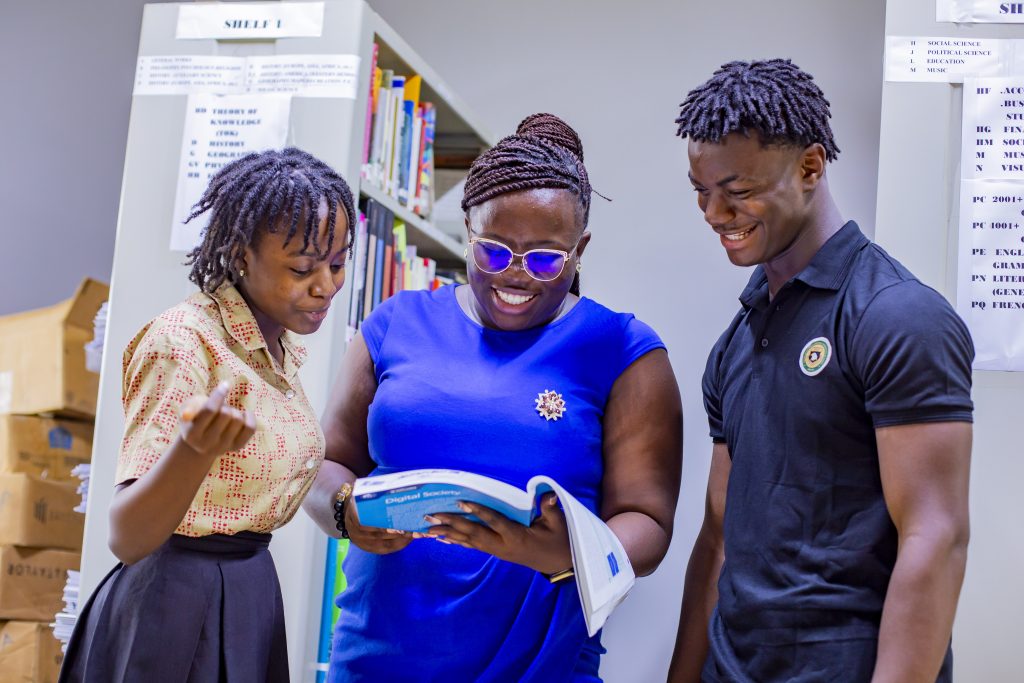Key Points at a Glance
Active recall and spaced repetition significantly boost long-term retention.
Interleaving and elaboration help students make deeper connections across subjects.
Dual coding and concrete examples improve understanding and visualization.
Knowing how to study is just as important as what to study. Scientific research in cognitive psychology and neuroscience has uncovered powerful strategies that can help students retain more information, understand concepts better, and perform well in exams.
These evidence-based learning strategies aren’t just theoretical—they are used in some of the world’s most progressive schools, including institutions like Morgan International Community School (MICS).
Let’s explore the top 10 learning strategies that every student should know—and use.
1. Spaced Repetition
Instead of cramming the night before a test, space out your study sessions over days or weeks. Research shows that studying the same material multiple times over time leads to better long-term memory.
Example: Review class notes today, then again two days later, and once more next week.
2. Active Recall
Reading isn’t enough. To truly learn, test yourself regularly without looking at the material. Flashcards, practice questions, or explaining the topic aloud to yourself or a friend works best.
Why it works: It strengthens memory retrieval pathways in your brain.
3. Interleaving
Instead of studying one subject or topic for hours, mix different subjects or question types in one session. This method, called interleaving, improves your ability to differentiate and apply concepts in real-world scenarios.
Example: Study math, then biology, then math again, rather than doing two straight hours of math.
4. Elaboration
When you elaborate, you ask “why” and “how” something works instead of just memorizing facts. The goal is to connect new information to what you already know.
Example: When learning about photosynthesis, relate it to your own experience with plant growth in your backyard.
5. Dual Coding
Combining words with visuals—like diagrams, mind maps, or infographics—can improve learning. This is known as dual coding, and it helps your brain create two memory traces instead of one.

6. Concrete Examples
Abstract ideas become easier to understand when linked with real-life, relatable examples. Instead of memorizing a definition, think of a specific scenario or case that illustrates it.
Example: Instead of just learning the definition of gravity, explain how a dropped apple falls to the ground.
7. Retrieval Practice
Closely related to active recall, retrieval practice involves pulling information out of your memory, rather than just re-reading. Practice quizzes, past exam papers, and peer teaching are excellent tools.
Tip: Don’t wait until you “feel ready”—test yourself early and often.
8. Mnemonics
Mnemonics are memory aids that turn difficult information into easy-to-remember words, phrases, or rhymes.
Example: Use “PEMDAS” to remember the order of operations in math: Parentheses, Exponents, Multiplication, Division, Addition, Subtraction
9. Self-Explanation
As you study, pause and explain why certain steps are taken or why a concept makes sense. Teaching yourself or others helps you consolidate your understanding.
At MICS, peer-to-peer learning circles encourage students to explain lessons to one another, which boosts retention and confidence.

10. Metacognition
This means “thinking about your thinking.” Track your progress, recognize when you don’t understand something, and adjust your strategies.
Tip: After each study session, ask yourself: What did I learn? What confused me? What will I do differently next time?
Final Thoughts
Success in school doesn’t depend solely on talent—it hinges on the strategies you use to learn. By applying these 10 evidence-based learning strategies, students can become more confident, capable, and independent learners.
And remember, your environment matters too. Schools like Morgan International Community School (MICS) cultivate a culture of excellence by encouraging students to adopt these proven techniques—empowering them not just to succeed in exams but to thrive in life.
